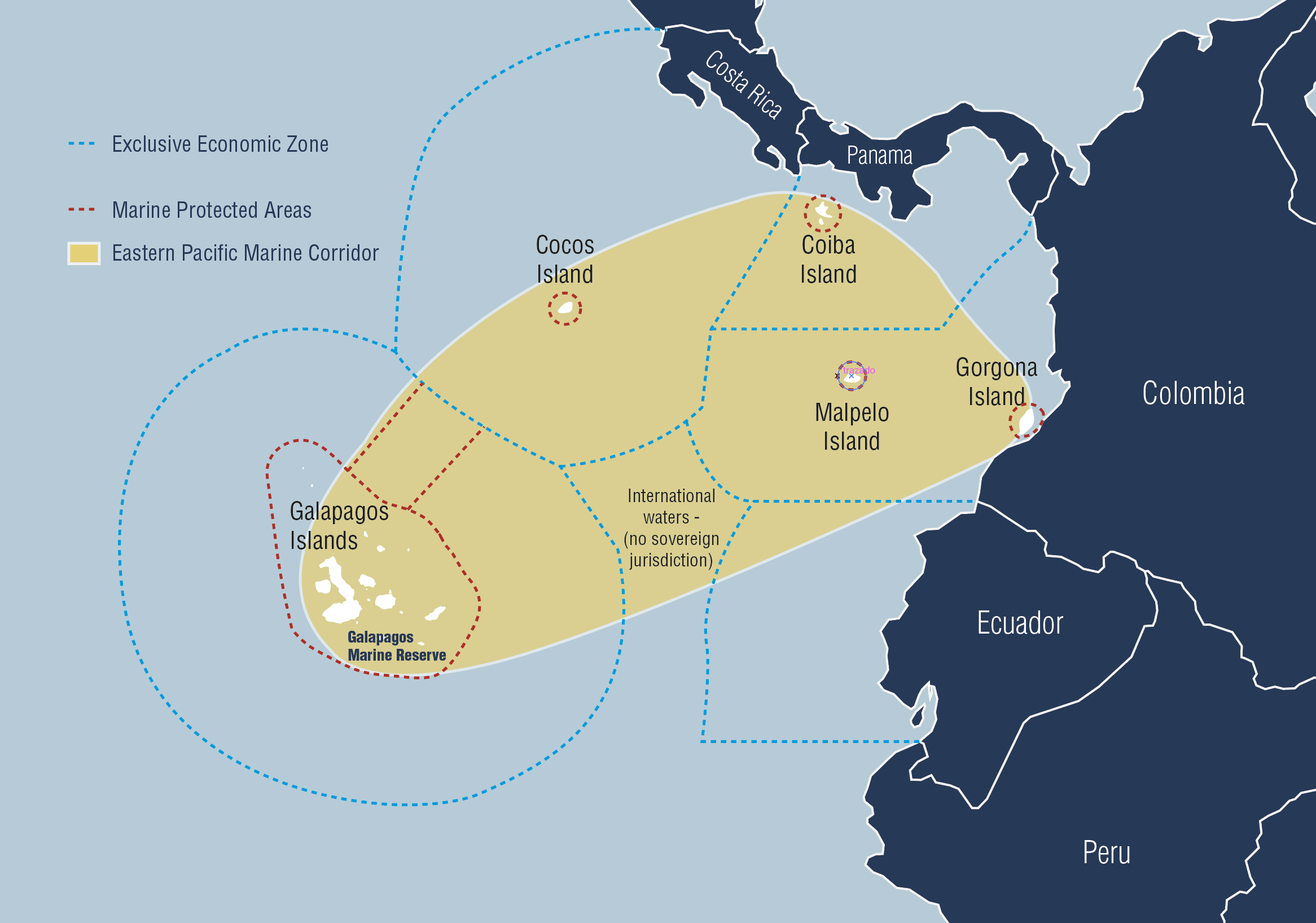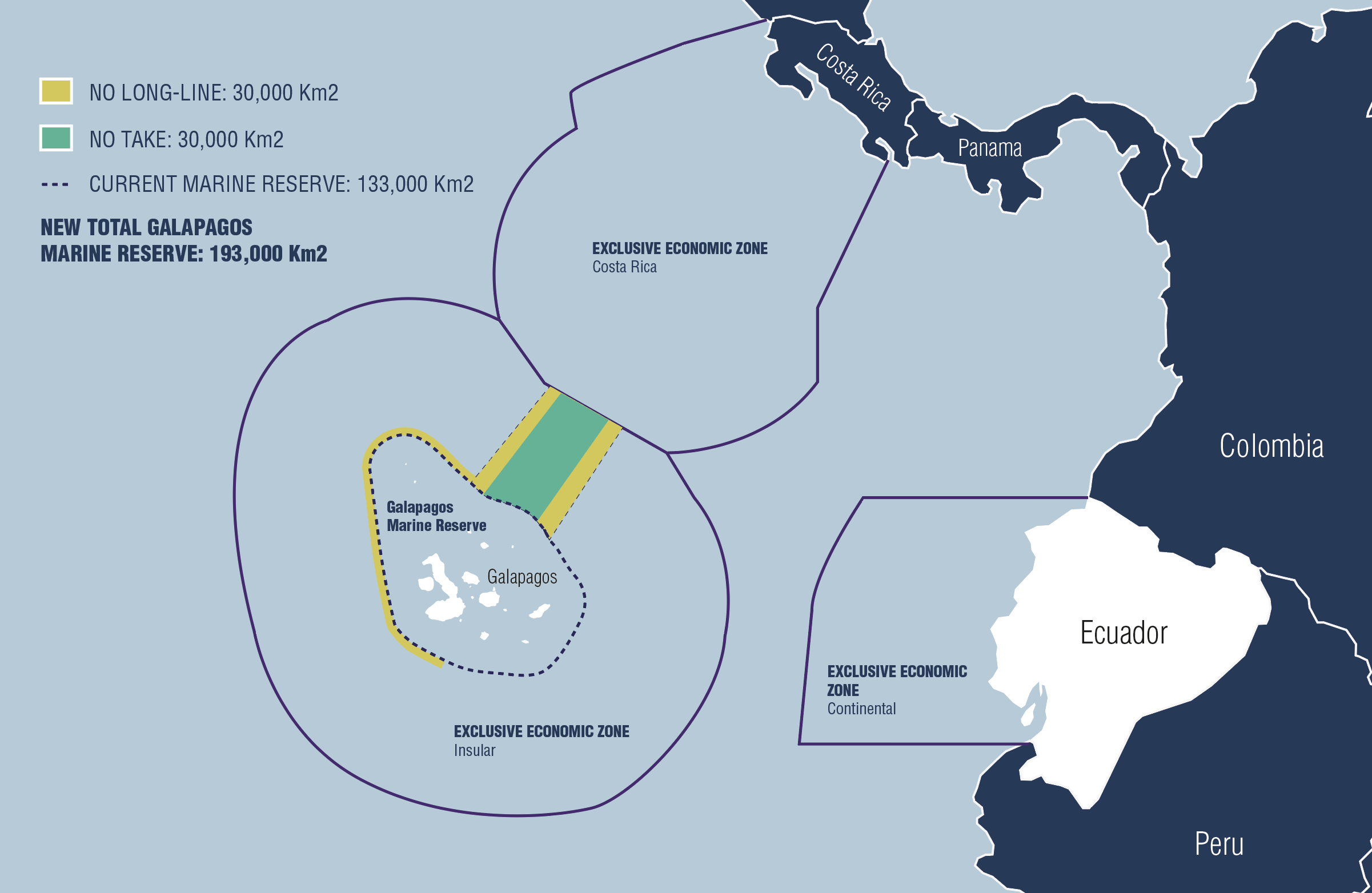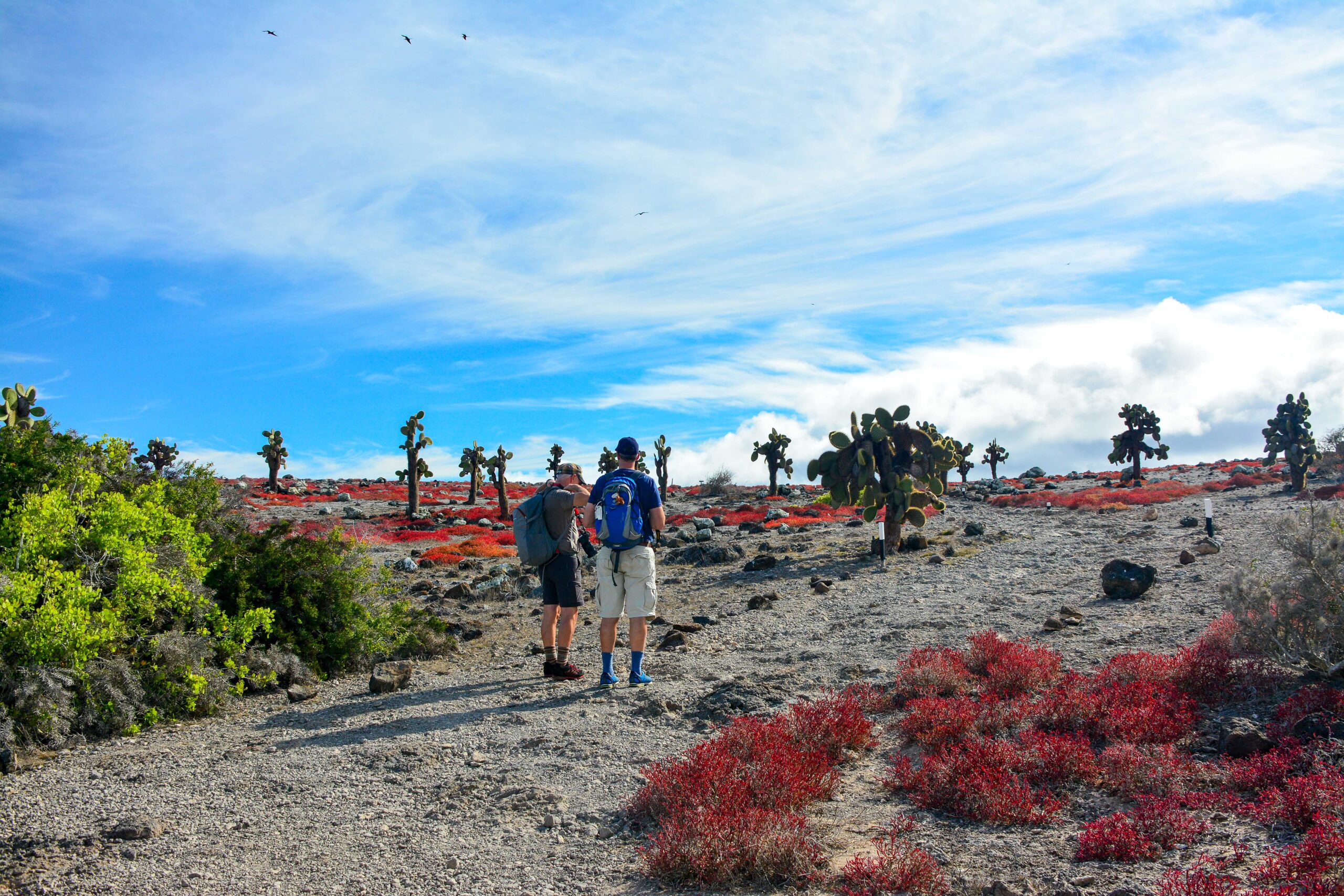The Galapagos Marine Reserve Expands by 40%. At last!
Written by Francisco Dousdebés, Metropolitan Touring
The first efforts to protect the waters surrounding the Galapagos Islands took place back in 1986, with the establishment of a marine reserve. At the time, it was quite a courageous decision and ranked as the largest marine reserve in the Americas. Fortunately, many countries with similarly rich oceans took the decision of protecting their waters, too. Ecuador and the Galapagos were trailblazers for others to follow.
Economic pressures on the fisheries of the Eastern Tropical Pacific have since increased, making more protection a necessity. Fortunately, and somewhat counter intuitively, studies show that the more we protect a marine resource, the better the quality of the fishing industry. Quality is better than quantity. Understanding the complexities of a marine area (in this case, all the marine dynamics of the eastern Pacific) is key to making sustainable decisions.

The announcement made in Glasgow is not a “new” marine reserve, but rather an expansion of its current oceanic limits, which requires highly detailed GPS coordinates and calculations. Additionally, a management plan is needed for the new area which implies patrolling and more scientific research. The expansion includes a total of 60,000 Km2 (23,000 sq. miles), equally divided into two subcategories of protection: a “no-take” zone and a “no longline fishing” zone. The best news of all is that the Galapagos Marine Reserve now embraces a grand total of 193,000 Km2 (74,500 sq. miles).

While some conservationists clamored for greater protected waters, the 40% increase represents an excellent start, since it has already sparked action from other countries that are part of this marine migratory corridor: Costa Rica, Panama, and Colombia. COP26 witnessed the signing of a regional agreement between these countries, committing US$ 1 million for marine scientific research.
Tourism directly benefits from protected marine areas: the integrity of natural resources is inextricably linked with the experience explorers enjoy. We can all look forward to the long-term sustainability of these experiences aboard our vessels or at the Finch Bay Galapagos Hotel.
